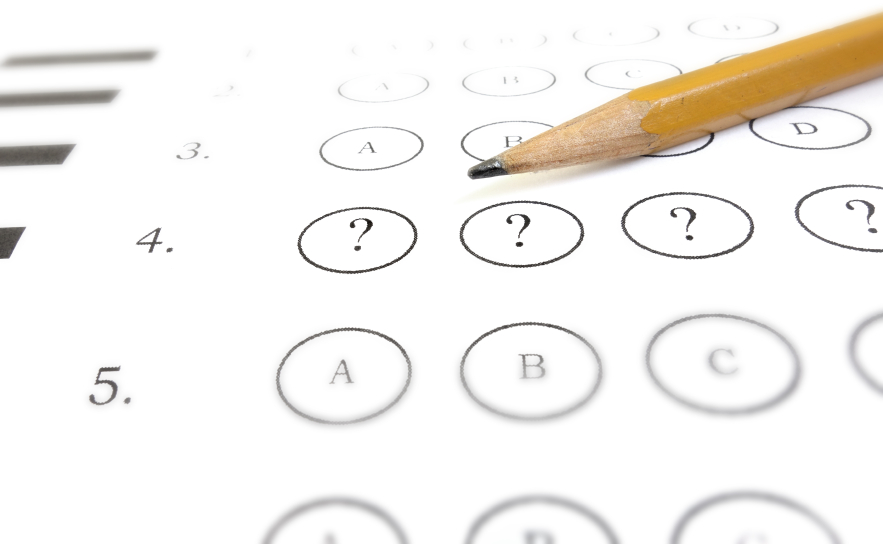I have long been of the opinion that the SAT writing section should actually be considered instead of a college admissions essay. It’s a guaranteed way of measuring how well students can write without any outside help. While I wasn’t really in favor of the addition of the essay portion of the test in the first place—grading is far too subjective—this seems like a good way to make its addition worth the hassle.
No one has taken me up on this idea—in part because, well, college admissions officers have come to this strange conclusion that the essay in the application is some kind of window into a student’s soul and it would be crazy to imagine having them offer such a view in 25 minutes.
Maybe so, but I think colleges should care much more about how well students write than about their deep navel-gazing (aided, no doubt, by parents, teachers and college consultants).
Now Slate has a piece that says the SAT writing section is not a good test of whether our kids write well--and it may be encouraging them to write badly. First, author Matthew Malady notes that the SAT writing section encourages you to make stuff up. He quotes a guy named Les Perelman at MIT’s writing program:
“It doesn’t matter if [what you write] is true or not,” says Perelman, who helped create MIT’s writing placement test and has consulted at other top universities on the subject of writing assessments. “In fact, trying to be true will hold you back.” So, for instance, in relaying personal experiences, students who take time attempting to recall an appropriately relatable circumstance from their lives are at a disadvantage, he says. “The best advice is, don’t try to spend time remembering an event,” Perelman adds, “Just make one up. And I’ve heard about students making up all sorts of events, including deaths of parents who really didn’t die.”
Also, Malady complains that there are no points given for things being factually correct, even when they are outside your personal experience. You could report, he says, that the War of 1812 took place in 1817 and no one would give you a lower grade. He also claims that you get points for using longer words.
So is Malady right that the exam rewards your ability to manufacture BS? Probably. I don’t like the idea that you get more points for using “egregious” instead of “bad,” but I do think there is a way to evaluate a student’s ability to construct an argument in simple clear language without worrying about the accuracy of their statements.
It seems to me, looking back, that the best test of whether students were good writers and whether they actually had some ability to evaluate evidence at the same time were in AP history exams. These came with “DBQs” or document-based questions. Students were asked to construct an essay using, say, a portion of Thomas Paine’s “Common Sense” or FDR’s “Four Freedoms.” They were expected to have a sufficient knowledge of the context in order to make a cohesive argument about them.
Which is fine for kids who have actually learned something substantive in high school. But for the rest of American teenagers, I still maintain that whether high school students can write a clear traditional five-paragraph essay is a very useful piece of information for college admissions officers.






